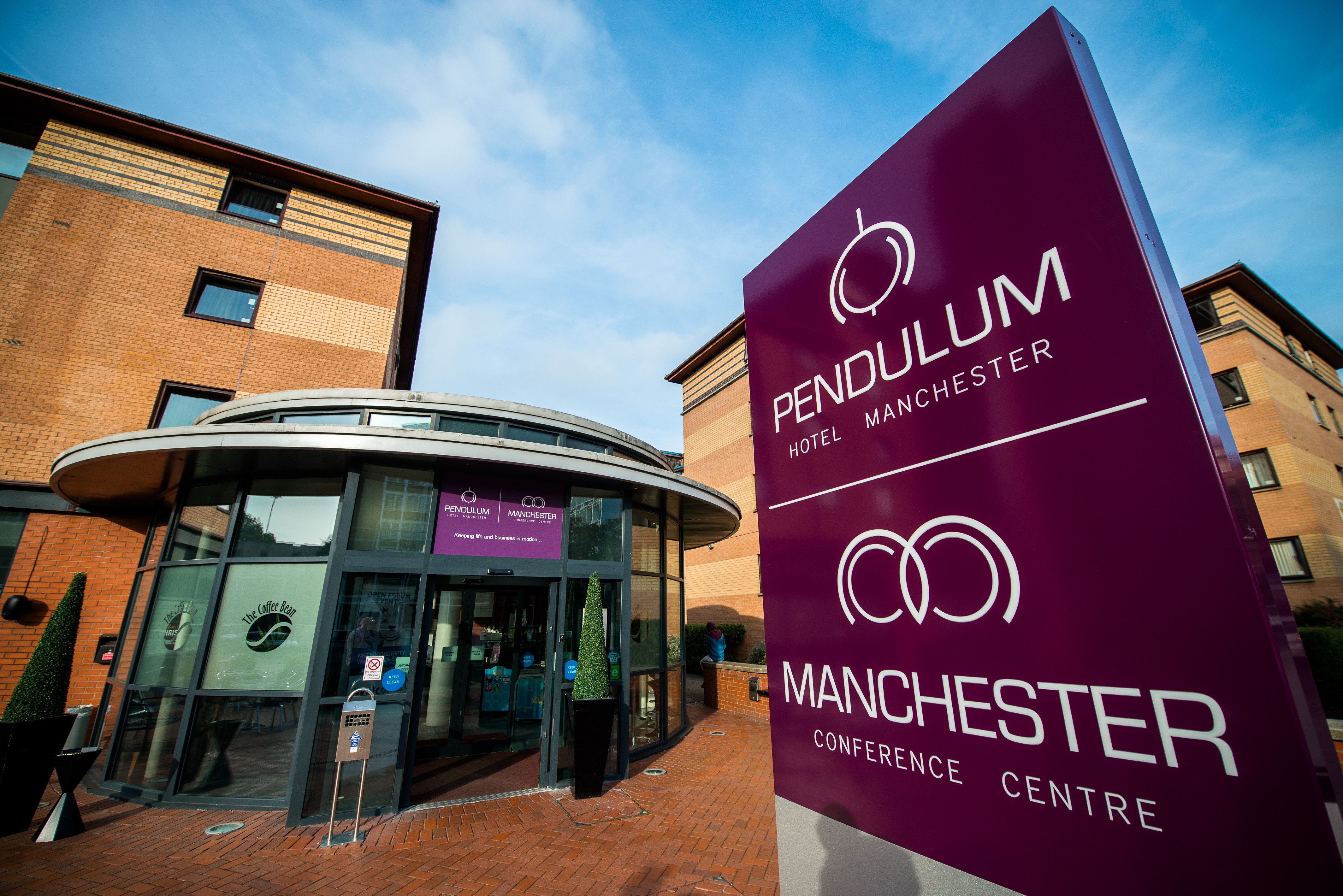In partnership with


CPD Certified Events


Following the high of the London Olympics the numbers of those engaging with sport has declined. It is 13 years since the previous strategy was published and therefore, following a consultation, a New Strategy of Sport has been developed to reflect the role of sport in today’s society. The emphasis is less on the numbers participating but is on encouraging a broader section of the population, who previously have never embraced sport, to be involved with the many forms of sport and benefit in areas such as “improved health outcomes from becoming more physically active… a stronger sense of social integration or a reduction in reoffending linked to participation in a sporting programme.”
09
1.4m more people are now playing sport than before London 2012, however, the numbers are now on the decline and particularly levels are down for those that do so on a regular basis. How can we generate a resurgence in numbers, to motivate people and inspire them to adopt active lifestyles and realise the legacy of the Olympics.
10
The benefits of sport and exercise on health is well evidenced in the prevention and treatment of a number of health conditions. With a quarter of people in England classed as inactive, providing services designed to improve access to physical activity can be fundamental in encouraging a long term proactive approach to life style and exercise and improve the health and wellbeing within communities.
Teaching fundamental movement skills and developing healthy lifestyles underpin children’s ability to stay active and develop their love of sport. A key consideration for schools and parents is the closing window of opportunity to train movements that give children the best possible chance to develop agility, balance and co-ordination in the first decade of their life. If we can also add strength, stamina, speed and sporting skills in the children’s PE programs we can help them to develop physically and encourage them to play sport with real confidence.
A
There are many amazing groups that are using the power of sport to tackle the root causes of some of society’s biggest problems such as crime, anti-social behaviour and obesity.
12
Sport can be used to the good in achieving social objectives and is a powerful tool to engage with disadvantaged young people and communities to improve lives and support neighborhood inclusion and cohesion.
12
The presentation will cover the development of Age UK’s Physical Activity Programmes, what has been learned from the programmes and what challenges and opportunities remain.
Disabled people should have every opportunity to be as active as non-disabled people. Physical activity can make a fundamental difference to disabled people’s quality of life and yet disabled people’s activity levels remain low. How can this be addressed?
This programme has adopted a powerful, holistic, partnership driven approach that empowers existing community assets to engage young people, under-represented groups, volunteers, and community groups in disadvantaged areas.
‘Active children do better in every possible way. They perform better in school and are better behaved. Physical activity can increase attendance rates and levels of concentration. Active kids have improved chances for better physical, financial, emotional and social outcomes in the future.’ (Designed to Move Active Schools report)
Phil Veasey, Business Development and Marketing Director, Mytime Active
Josie Stevens, Campaign Manager, This Girl Can, Sport England
Barry Horne, Chief Executive, English Federation of Disability Sport
David Pilkington, Project Manager at ACCENTS team Poplar HARCA
Dr Edwina Brocklesby, Director, Silverfit Arun Kang, CEO, Sporting Equals
Although throughout the population there are individuals who never involve themselves with sport, there are certain groups in society that are less likely to show interest. Culture and gender can be factors with girls and young women, along with certain sectors of BME groups being particularly difficult to engage. The older generation and those living with disability also seem to be on the periphery of sport inclusion. How can we ensure that sport provides opportunities for all of society.

Pendulum Hotel & Manchester Conference Centre is the ideal solution when searching for conference venues in Manchester. Top-of-the-range conference suites, 3 star value hotel accommodation, delicious dining and friendly service are the ideal components for a successful conference or event in the heart of the city centre.
The 18 conference rooms are decked out with all the mod cons including state-of-the-art AV technology, projectors and screens, free Wi-Fi and flip charts. Our clients cover the whole spectrum and include government organisations, trade unions, large corporate companies, non-profit organisations, health and education sectors and small to medium-sized businesses.
From the get-go we strive for excellence in everything we do and our dedicated team of conference professionals go all out to make sure your conference, event or exhibition runs like clockwork.